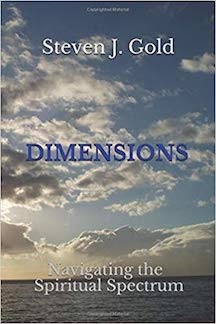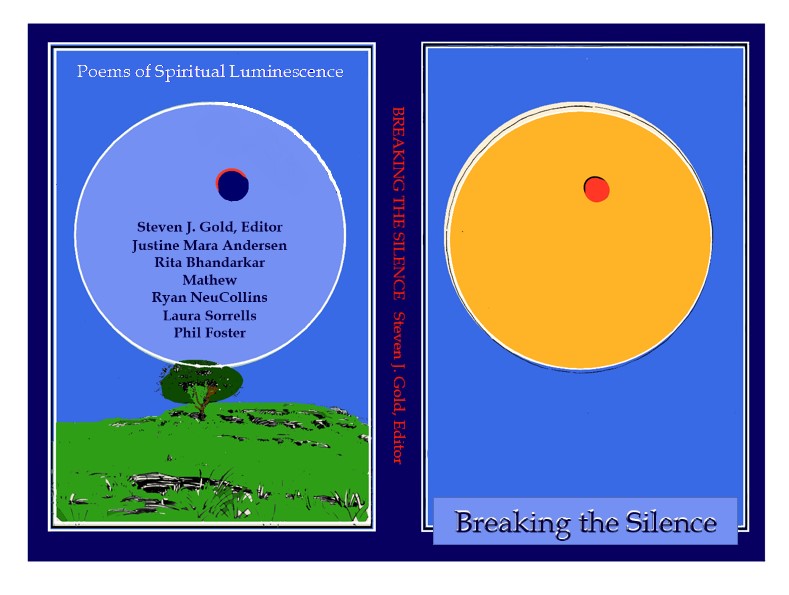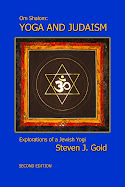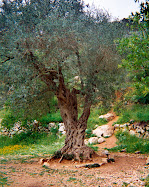Quote of the Week 419 - Listend/Hearing for Non-material Sustenance
Quote of the Week 419 - Listening/Hearing for Non-material Sustenance
Every one who is thirsty, come and drink. He who has no money, come, buy and eat. Come, buy wine and milk without money and without price. Why do you spend your money for that which is not bread and your labor for that which does not satisfy? Listen carefully to Me, and eat what is good. Let your soul delight in abundance. Incline your ear, and come to Me. Hear, that your soul will live…
--Isaiah 55:1-3, The Living Torah translation by Rabbi Aryeh Kaplan
Meditation (Click your selection, scroll down to view it)
- Audio Link: Interview - You Cannot Avoid Mystery; Eastern Meditation
- Audio Link: A Foundation for a Fruitful Meditation Practice: Science of Breath/Pranayama/Relaxation - Theory and Practice
- Audio Link: (Scroll to 11/04/18 entry) The Breath and Life Force; Guided Meditation - I Am an Empty Shell, Therefore I Am Full, etc.
- Meditation Basics - Expanded Version
- Meditation Basics - Condensed Version
- Mantra Meditation Basics
- Nada Meditation - Anahata/The Unstruck Sound
- Jewish Yoga Meditation
- Hebrew Mantras
- Hebrew Mantras, Part Two
- Hebrew Mantras, Part Three
- Hebrew Mantras - Adonai Hineni
- Healing Meditation: Ruach El Shaddai/Breath of Balance
- Meditating, Eating and Sleeping
- Shortcuts to Spiritual Development?
- Audio Link: Guided Meditation - I Am and Empty Shell, Therefore I Am Full; A Meditation on Emptiness and Dark Luminescence Based on the Opening Lines of Genesis
- Guided Meditation: The Stage
- Guided Meditation: I Am an Empty Shell, Therefore I Am Full; A Meditation on Emptiness and Dark Luminescence Based on the Opening Lines of Genesis
- Guided Meditation: The Rod, The Staff, and The Star
- Torah-Veda Meditation Class Site
- Interspiritual Contemplative Group






















